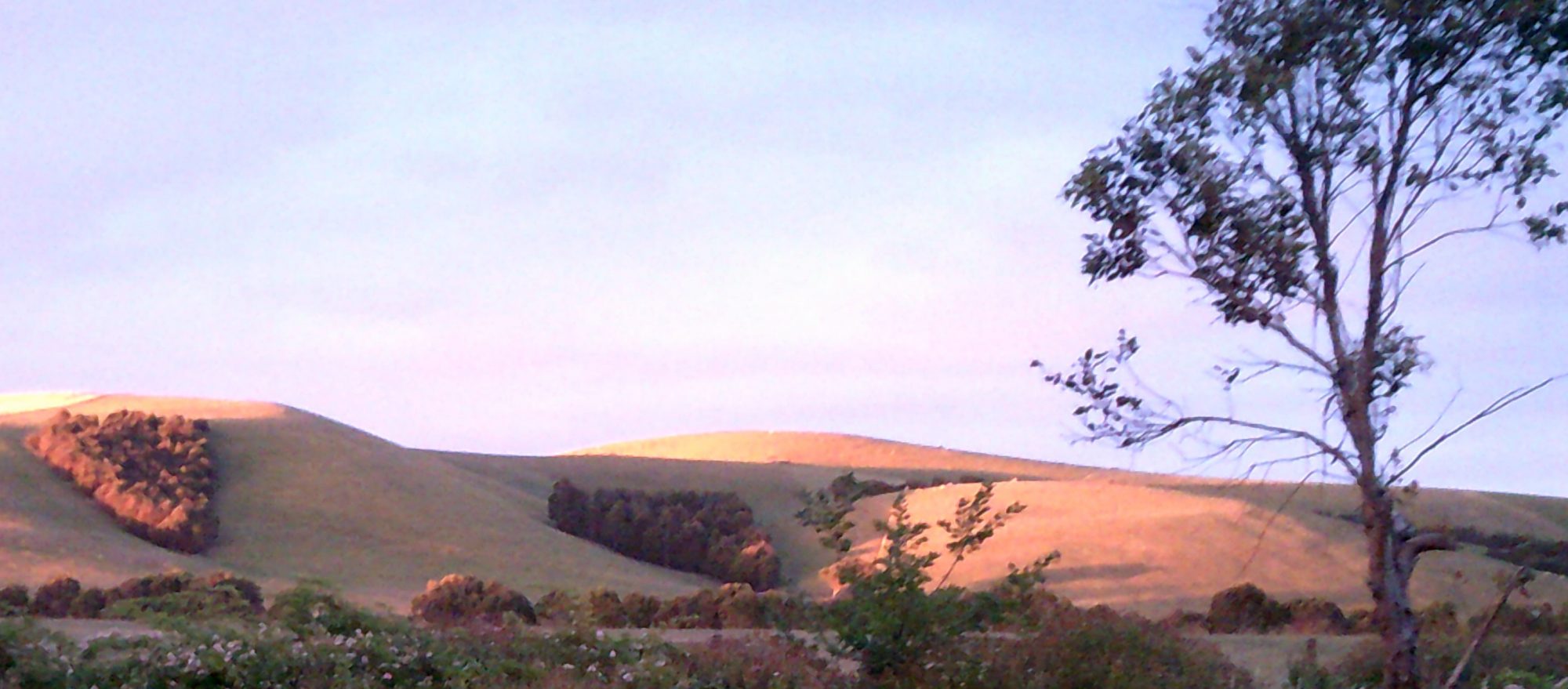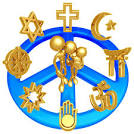In two weeks, or there abouts, Jews will celebrate he Passover (Pesach) and Christians will celebrate Easter. The Passover seder is a service, over an evening meal, that tells the story of the ancient Israelites’ exodus from Egypt. The meal consists of a prescribed order of symbolic foods, stories, songs, and prayers, the Haggadah. The Hebrew word Haggadah means “telling,” and the whole ceremony occurs according to an ancient written script, the Haggadah, which provides the order of the service with precise instructions.
For Christians the occasion of the Crucifixion begins with the last supper, which to me, appears to replicate the Haggadah. This of course, should come as no surprise as Jesus was a Jew who carried out Jewish customs. Whether one follows either of the religious beliefs, it seems clear that the celebration is one of freedom either in life or in death. It can also be viewed as the opportunity to find freedom in personal change, to shed the burdens that have been weighing us down for the past year or so.
I must confess that I have never been personally attracted to the Christian form of celebration. Indeed, I recall as a child I was quite fearful of the man that was seen hanging, bleeding from a cross. The crucifixion, albeit a matter of great reverence to many, was to me, a small semblance of brutality that men were capable of doing to each other. It goes without saying, the historiography of all religions has been brutal, but it is a history not to be ignored.
Passover is a part of the Jewish history of liberation, both bodily and spiritually, which is not forgotten. It tells us a lot about human nature. Once liberated from Egypt the Jews turned away from their new God and built a Golden Calf as an idol of worship. The Christians had their leader condemned to death. Today, we have not stopped turning to idols for worship. Nor have we ceased to turn on our leaders, sometimes for good reason, but also because they just seem to be the focal point of everything that might be going wrong in our lives, things we do not want to address.
The Passover seder is a joyful occasion. The Jewish way is generally towards joy and celebration, but sometimes it can also seem flippant to outsiders. The essence of these celebrations, however is to view them is an opportunity for understanding the Other and to work towards a (w)holistic and inclusive faith.


